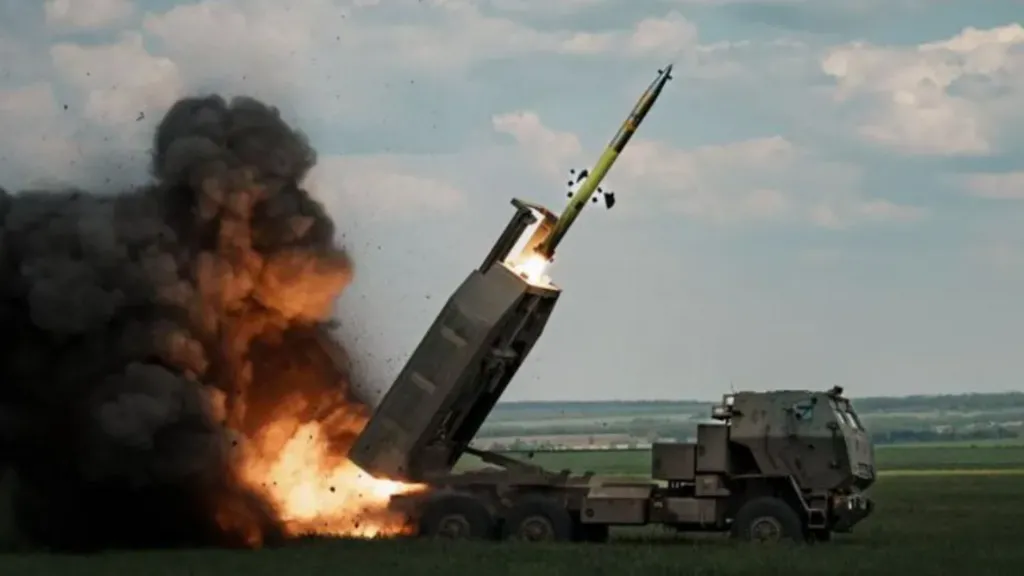Biden Considers Easing Restrictions on Ukraine’s Use of U.S. Long-Range Missiles
3 min read

President Joe Biden has suggested that the United States might relax its restrictions on Ukraine’s use of American long-range missiles in its ongoing conflict with Russia. This potential policy shift could address Ukraine’s persistent calls for a reduction in limitations on U.S.-supplied weaponry, which Ukrainian officials argue have hampered their efforts against Russia’s large-scale invasion.
While Russia has yet to formally respond, President Vladimir Putin has previously warned that such a move could result in “very serious problems.” Biden’s comments come as U.S. Secretary of State Antony Blinken and British Foreign Secretary David Lammy prepare for a meeting with Ukrainian President Volodymyr Zelensky in Kyiv. Blinken noted that one of their key objectives for the visit is to “hear directly from the Ukrainian leadership” about their needs and how best to support them.
Blinken and Lammy are traveling to Kyiv after holding discussions in London. During his UK visit, Blinken accused Iran of supplying short-range ballistic missiles to Russia, which he claimed could be used against Ukraine within weeks. Lammy described this development as a “significant and dangerous escalation.” The introduction of these missiles is expected to enhance Russia’s ability to target Ukrainian cities near the Russian border or in areas already under Russian control, while Russia continues to deploy longer-range missiles deeper into Ukrainian territory.
Iran has consistently denied providing these self-guided weapons to Russia. When asked about the potential lifting of restrictions on Ukraine’s use of long-range missiles, President Biden indicated that his administration is currently “working that out.” Since Russia’s full-scale invasion of Ukraine began in February 2022, the U.S. has been cautious about supplying or endorsing the use of weapons that could reach deep into Russian territory, fearing such actions might escalate the conflict.
Nevertheless, the U.S. has already eased some constraints on the use of long-range missiles, permitting Ukraine to target areas along the Russian border where troops are stationed. Other allies of Ukraine have also provided long-range weaponry, though these deliveries come with restrictions on their use within Russia, primarily to avoid provoking retaliation that might draw NATO countries into the war or risk a nuclear confrontation.
Recently, President Zelensky has criticized the speed of weapon deliveries and has requested authorization to strike targets within Russia using Western-supplied missiles—a request the U.S. has so far resisted. Earlier this year, President Putin warned that any Ukrainian attacks on Russian territory using Western missiles could trigger a broader conflict. He expressed concerns about “constant escalation,” suggesting it could lead to a global conflict, and stated that Western arms suppliers would bear responsibility for any such strikes, even if executed by Ukrainian forces.
In a separate development on Tuesday, the U.S., UK, France, and Germany imposed new sanctions on Iran for its role in supplying ballistic missiles to Russia for use against Ukraine. The sanctions include restrictions on Iran Air’s operations to the UK and Europe, as well as travel bans and asset freezes targeting several Iranians implicated in facilitating military support for Russia.